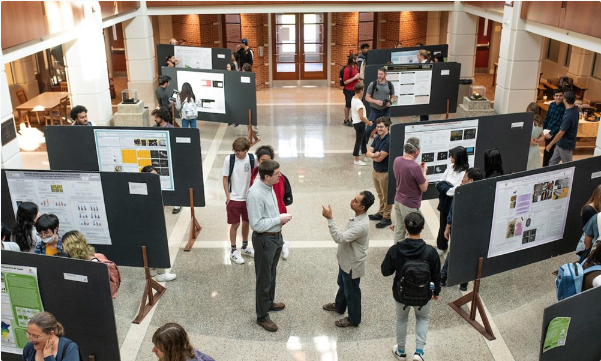Date of Award
5-2022
Document Type
Thesis
First Advisor
Ash Puzzo
Second Advisor
Kevin Moore
Third Advisor
Haley Thompson
Abstract
Suppose you were born 50 years ago. You may not have encountered a screen for several years. Suppose you were born today. You would likely encounter a screen instantly. Unlike 50 years ago, adolescents are exposed to screens and social media quickly and frequently. For those born today, it can be difficult to imagine a world without social media, smartphones, and the internet.
Recently, China limited the amount of time adolescents under the age of 18 can spend playing video games. Bans and limitations like this may sound strange to a western audience, but many people are worried about the impact of heavy technology use on adolescents. Young children are learning to take silly pictures on their parents’ smartphones at the same time they are learning to speak, which is undoubtedly unprecedented. Based on this new and strange connection between people and technology, one cannot help but wonder what is happening to our brains and, further, what this connection means philosophically for our worldview and existence experience. The increased use of and reliance upon technology are also being explored by psychologists, as there seem to be ties between mental health and technology use. Additionally, technology changes the way the brain works, potentially altering the physical brain structure and impacting mental health and abilities like attention, concentration, and socialization in young people with heavy screen use.
This paper examines some psychological effects of social media use on adolescents and explores the philosophical implications of social media use on our understanding of reality and its value. The first section describes the significance of new smartphone and internet technologies, and the second section introduces a short fictional case study. In the third section, good, neutral, and negative effects of social media use on adolescents are discussed. The philosophical implications are discussed in the final section.
Recommended Citation
LaMore, Lauren T. '22, "The Simulated Life: A Psychological and Philosophical Examination of Contemporary Social Media Use of Adolescents" (2022). Honor Scholar Theses. 200, Scholarly and Creative Work from DePauw University.
https://scholarship.depauw.edu/studentresearch/200


